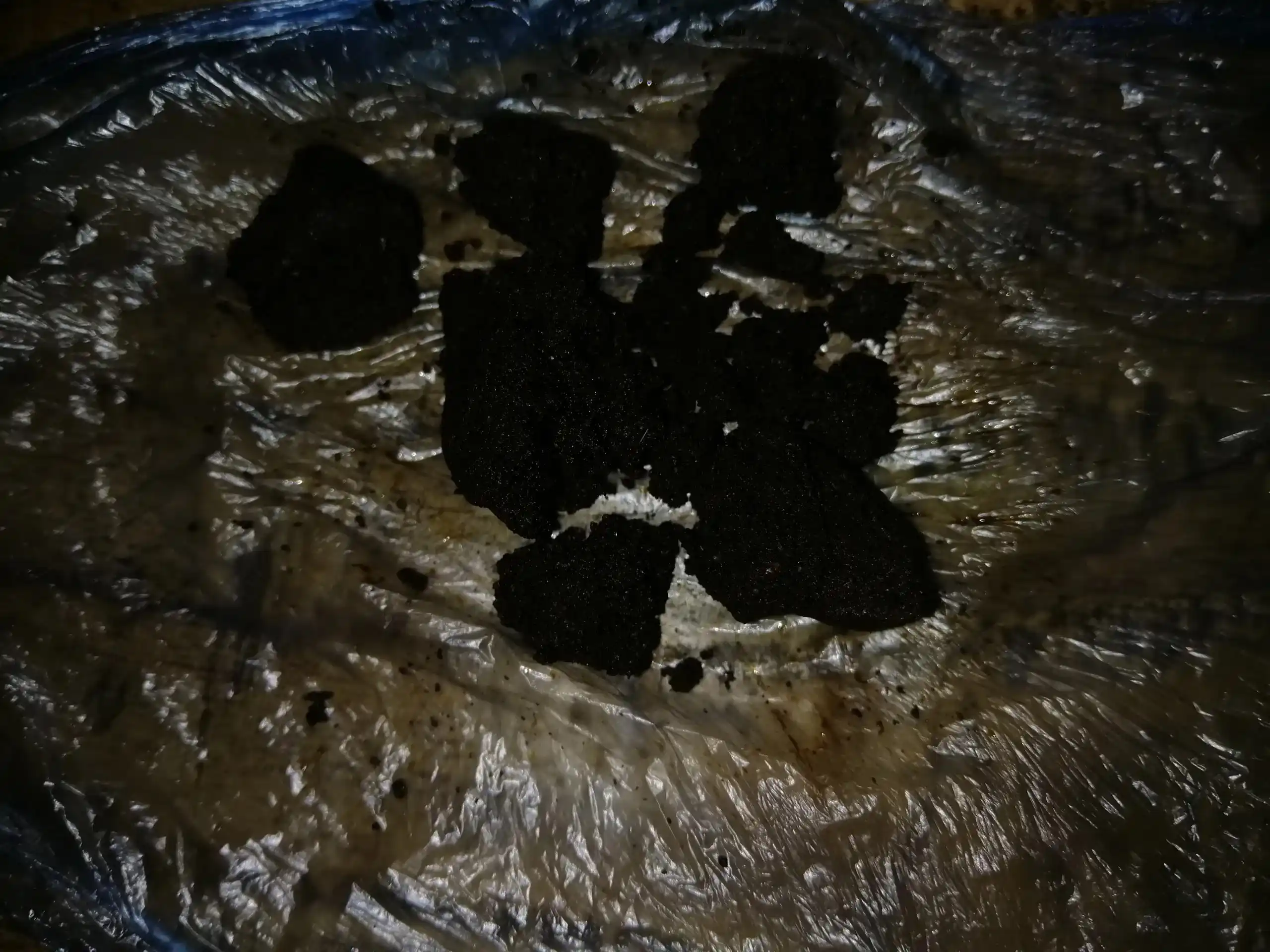
The drug Gwati, also known as Ngilimbo, is becoming more popular among young people living in low-income, crowded urban areas (referred to as “ghettos”) in Lilongwe. This drug is being found in various illegal drinking establishments in these areas.
Health experts have warned that the use of these drugs may lead to a range of negative health consequences, including mental health issues.
William Nyasulu, an Area 23 resident in Lilongwe who had previously consumed Gwati, stated that the substance has multiple negative consequences, including increased incidents of epilepsy, tremors, and jaundiced eyes.
Community leaders stated they would respond quickly to address the hazardous substance.
However, law enforcement officials from Kawale police state they have never documented cases involving this drug, even though they have received reports claiming it is a hazardous substance.
Drug Fight Malawi’s Executive Director, Nelson Baziwelo Zakeyu, commented that they are aware of the high prevalence of drug use among the youth population in Malawi.
“Overcoming these challenges will require a collaborative approach, beginning with empowering local community groups to identify and support children who may be vulnerable to drug use, to intervene proactively,” he explained.
The limited availability of jobs and financial insecurity have driven many young individuals to turn to alcohol and drug use as a coping mechanism, which can severely compromise their well-being.
The drug’s low cost of MK200 per gram has increased accessibility, leading some young users to consume it in excess. In Lilongwe areas such as Areas 23, 24, 36, Kaliyeka, Chilinde, and Kawale, among others, this drug activity is known to be widespread.
Gwati is soft and pliable is dense enough to be taken sublingually. Once it dissolves under the tongue within seconds, the user feels the effects of intoxication.






0 Comments